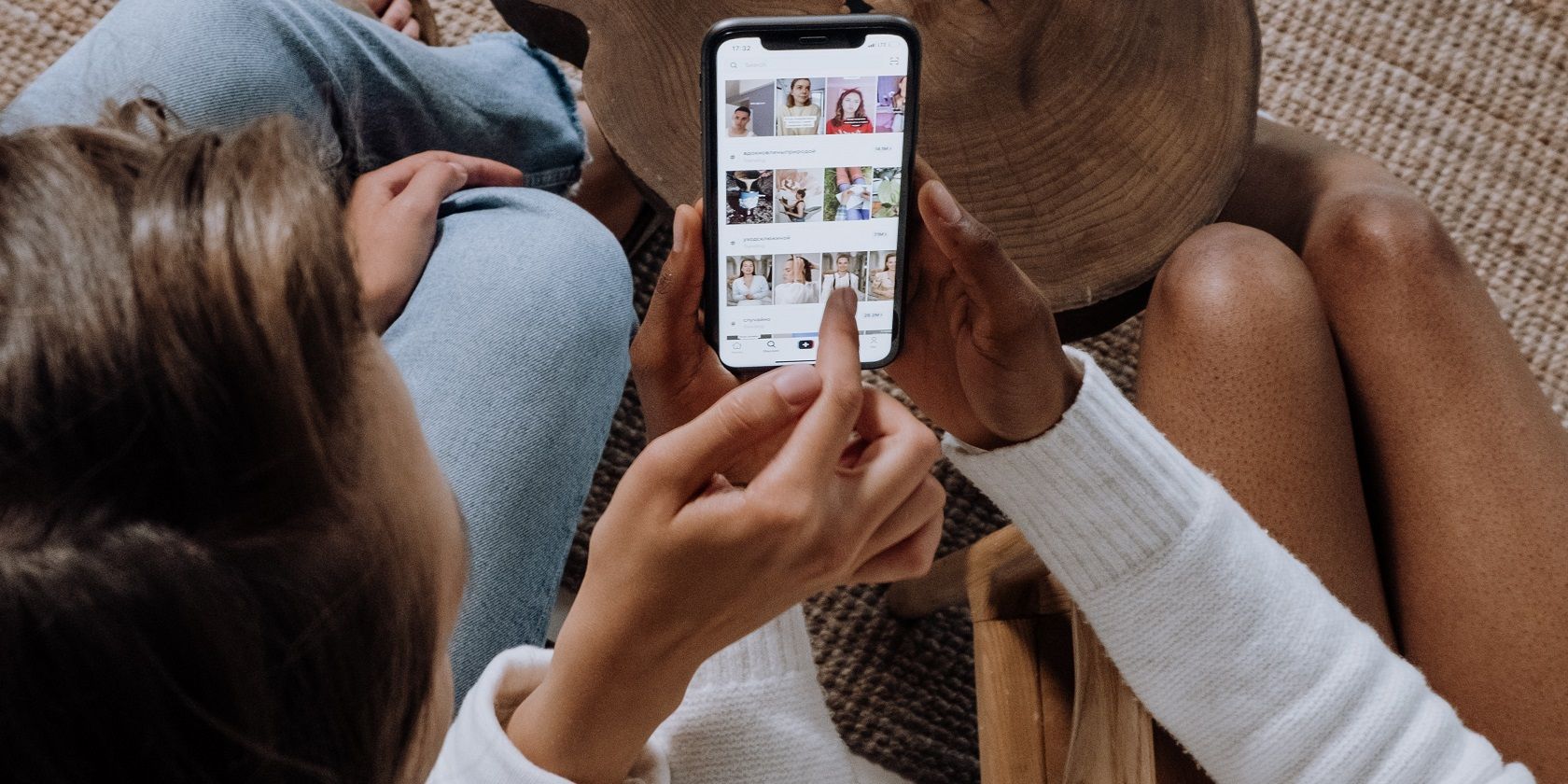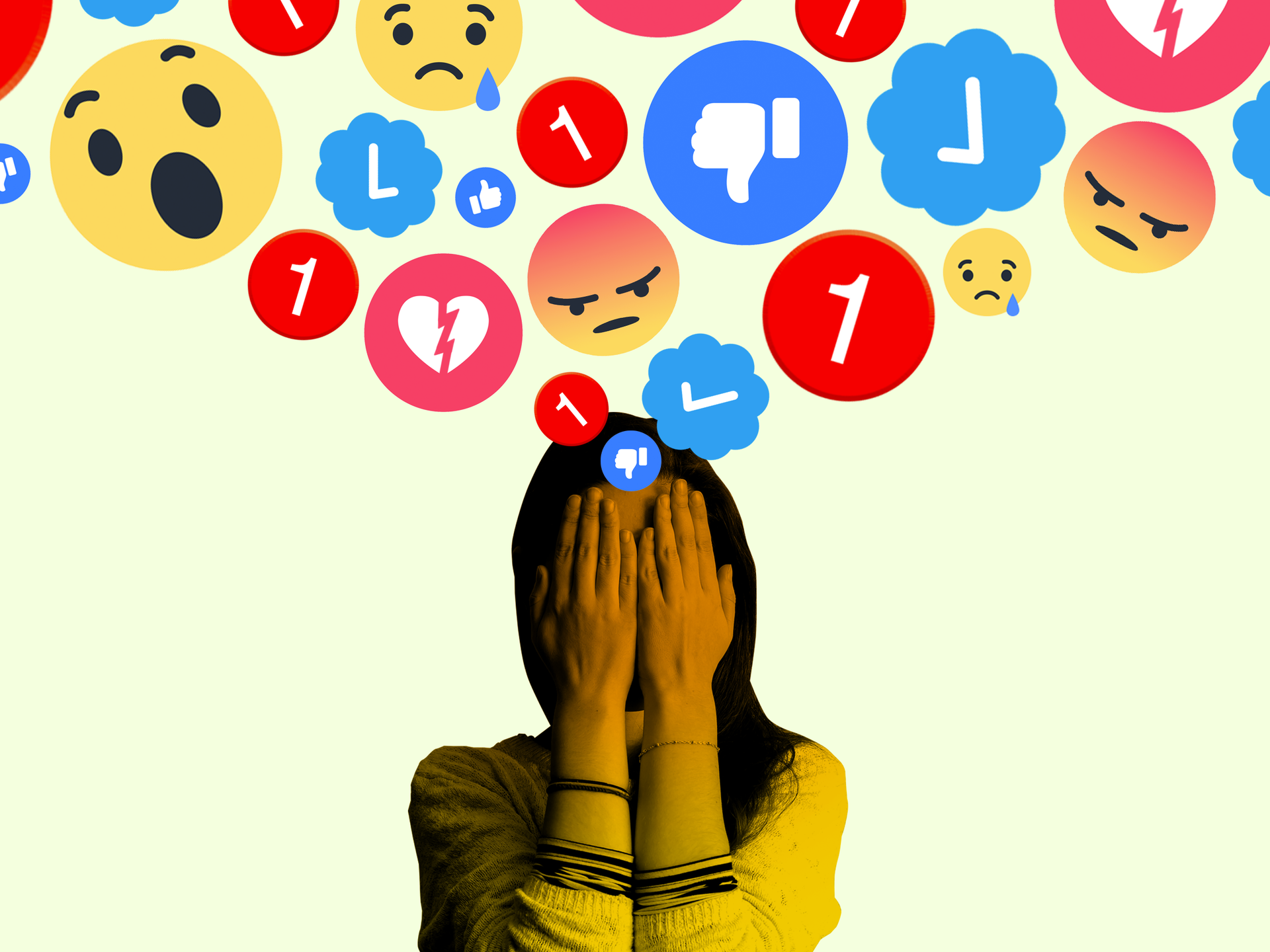The Dark Side of TikTok Love
TikTok’s influence isn’t all sunshine and roses. The platform’s relentless focus on virality can foster a toxic environment where the line between genuine affection and performative love blurs. When the goal is to go viral, authenticity often takes a back seat. This performative nature can lead to superficial relationships, where the primary connection is through a screen rather than genuine emotional bonds. TikTok, a platform known for its entertaining and creative short videos, has also become a popular medium for showcasing relationships. Couples share their love stories, pranks, challenges, and intimate moments with millions of viewers. While this can seem charming and romantic, there is a darker side to TikTok love that warrants attention. This dark side includes privacy concerns, unrealistic relationship standards, exploitation, and the mental health impacts on both creators and viewers.
TikTok, a platform known for its entertaining and creative short videos, has also become a popular medium for showcasing relationships. Couples share their love stories, pranks, challenges, and intimate moments with millions of viewers. While this can seem charming and romantic, there is a darker side to TikTok love that warrants attention. This dark side includes privacy concerns, unrealistic relationship standards, exploitation, and the mental health impacts on both creators and viewers.
Privacy Concerns
A significant issue with sharing relationship content on TikTok is the substantial erosion of privacy. Couples frequently reveal personal details about their lives, including their locations, daily activities, and intimate moments, inadvertently exposing themselves to various security risks. By sharing these personal insights, they allow strangers on the internet to gain a detailed understanding of their routines and private spaces. This level of exposure can lead to serious consequences, such as stalking, harassment, or even physical danger. The platform's design encourages users to seek views, likes, and followers, often pushing them to share increasingly intimate or provocative content. This drive for social media validation can lead couples to compromise their privacy further, revealing aspects of their lives that would traditionally remain private. For instance, couples might share videos from inside their homes, disclose their children's activities, or broadcast their exact locations during vacations or daily routines.
The platform's design encourages users to seek views, likes, and followers, often pushing them to share increasingly intimate or provocative content. This drive for social media validation can lead couples to compromise their privacy further, revealing aspects of their lives that would traditionally remain private. For instance, couples might share videos from inside their homes, disclose their children's activities, or broadcast their exact locations during vacations or daily routines.
Moreover, the constant sharing of personal content can blur the boundaries between public and private life. As couples strive to maintain a captivating online presence, they may neglect the importance of safeguarding their personal information. The allure of viral fame can overshadow the potential dangers, causing individuals to overlook the risks associated with their public disclosures.
The impact of these privacy breaches is not limited to the individuals sharing the content. Family members, friends, and even children can be inadvertently exposed to these risks as they appear in shared videos. This widespread visibility can make them vulnerable to unwanted attention and potential threats.
Unrealistic Relationship Standards
TikTok, similar to many social media platforms, predominantly showcases the highlight reel of users' lives. Couples often post videos capturing their happiest moments, romantic gestures, and perfect dates, which creates an illusion of flawless, fairy-tale relationships. This portrayal can set unrealistic standards for viewers, particularly impressionable teenagers, who might start to believe that these idealized depictions are the norm.
In reality, every relationship has its ups and downs, challenges, and conflicts. However, these less glamorous aspects are seldom shown on TikTok. The platform's algorithm favors engaging and positive content, encouraging users to present the best versions of their lives. As a result, the content becomes heavily curated, emphasizing only the joyful and romantic moments while omitting the struggles and disagreements that are inherent in any relationship.
This selective sharing can lead to several negative consequences for viewers. When people, especially young and impressionable audiences, compare their own relationships to the seemingly perfect ones they see online, they may feel inadequate or dissatisfied. They might start to question the quality of their own relationships, wondering why they don't experience the same level of constant romance and happiness. This can breed unrealistic expectations and contribute to feelings of inadequacy or failure in their personal lives. Moreover, these idealized portrayals can distort viewers' understanding of what constitutes a healthy relationship. They might come to believe that true love is devoid of conflict or that romantic gestures are the sole markers of a successful partnership. This misconception can lead to misguided attempts to emulate the behaviors and dynamics seen on TikTok, potentially fostering superficial or unsustainable relationships.
Moreover, these idealized portrayals can distort viewers' understanding of what constitutes a healthy relationship. They might come to believe that true love is devoid of conflict or that romantic gestures are the sole markers of a successful partnership. This misconception can lead to misguided attempts to emulate the behaviors and dynamics seen on TikTok, potentially fostering superficial or unsustainable relationships.
The pressure to meet these unrealistic standards is not limited to viewers. Content creators themselves may feel compelled to maintain the illusion of a perfect relationship to continue attracting likes, followers, and engagement. This can place a strain on their relationships as they prioritize public perception over genuine connection and conflict resolution.
Exploitation for Content
A growing concern on TikTok is the exploitation of relationships for the sake of content. In the quest for views, likes, and followers, some couples might exaggerate or even fabricate scenarios to make their videos more engaging and viral-worthy. This practice raises significant ethical dilemmas and can lead to personal conflicts, as the distinction between genuine affection and performance for the camera becomes increasingly blurred.
This performative aspect can strain the relationship itself. When the focus shifts from genuine interaction to creating content, the couple's connection may suffer. Real emotions and experiences are overshadowed by scripted or exaggerated scenes designed to captivate an audience. This can lead to misunderstandings and a breakdown of trust, as one partner might feel exploited or objectified for the sake of online popularity.
Additionally, some relationships might be prolonged or dramatized purely to maintain a popular TikTok channel. The pressure to keep generating content can compel couples to stay together even when the relationship is no longer healthy or fulfilling. This can cause significant emotional distress, as individuals may feel trapped in a relationship that exists more for public consumption than personal satisfaction.
The impact of such exploitation extends beyond the couples themselves. Viewers, particularly young and impressionable ones, may develop skewed perceptions of what relationships should look like. They might begin to value performative gestures over genuine connections, seeking to replicate the exaggerated scenarios they see online. This can lead to a cycle of unrealistic expectations and superficial relationships, both for content creators and their audiences.
In as much as TikTok provides a platform for sharing fun and engaging relationship content, it's crucial to be aware of the potential for exploitation. The pressure to create compelling videos can lead to ethical issues and personal conflicts, undermining the authenticity of the relationships depicted. Both creators and viewers should strive to prioritize genuine connection over performative content, fostering healthier and more realistic portrayals of relationships.
Mental Health Impacts
The pressure to maintain a perfect relationship online can significantly impact the mental health of content creators on TikTok. The constant scrutiny and expectation to deliver engaging and flawless content can lead to elevated levels of stress, anxiety, and eventually, burnout. This relentless demand for perfection and entertainment often leaves creators feeling overwhelmed and exhausted.
Negative comments and online harassment add another layer of mental strain. TikTokers frequently face public criticism, and this can be particularly challenging when it involves their personal relationships. Hurtful comments about one's partner or relationship dynamics can lead to feelings of inadequacy, insecurity, and resentment. The public nature of this criticism can amplify its impact, making it difficult for creators to cope with the negative feedback. Furthermore, the addiction to validation through likes, comments, and shares can significantly affect individuals' self-esteem and overall well-being. The dopamine rush associated with receiving positive feedback can create a cycle of dependency, where creators constantly seek external validation to feel good about themselves and their relationships. When the expected level of engagement doesn't materialize, it can lead to feelings of disappointment and self-doubt.
Furthermore, the addiction to validation through likes, comments, and shares can significantly affect individuals' self-esteem and overall well-being. The dopamine rush associated with receiving positive feedback can create a cycle of dependency, where creators constantly seek external validation to feel good about themselves and their relationships. When the expected level of engagement doesn't materialize, it can lead to feelings of disappointment and self-doubt.
This need for validation can also distort creators' perceptions of their own relationships. They might start prioritizing actions and decisions that will perform well on TikTok over those that genuinely strengthen their bond with their partner. This can create a superficial layer to the relationship, where the appearance of happiness and perfection is maintained at the expense of addressing real issues and fostering deeper connections.
The mental health impacts are not confined to content creators alone. Viewers, especially younger ones, who idolize these seemingly perfect relationships may develop unrealistic expectations for their own lives. When their relationships don't measure up to the idealized versions they see online, they may experience feelings of inadequacy and dissatisfaction, which can affect their mental well-being.
Influence on Youth
 Young users, who constitute a substantial portion of TikTok’s audience, are particularly vulnerable to the negative impacts of TikTok love. These viewers, often still developing their understanding of relationships, can develop skewed perceptions of what constitutes a healthy relationship. The polished and often idealized portrayals of romance on TikTok can lead them to prioritize social media validation over genuine emotional connection.
Young users, who constitute a substantial portion of TikTok’s audience, are particularly vulnerable to the negative impacts of TikTok love. These viewers, often still developing their understanding of relationships, can develop skewed perceptions of what constitutes a healthy relationship. The polished and often idealized portrayals of romance on TikTok can lead them to prioritize social media validation over genuine emotional connection.
The trend of "relationship goals" is a prominent example of this phenomenon. TikTok is filled with videos showcasing grand romantic gestures, extravagant dates, and seemingly perfect relationships. These posts often go viral, garnering millions of likes and comments, reinforcing the notion that such displays are the benchmarks of a successful relationship. Young couples might feel pressured to emulate these behaviors, believing that they need to match or exceed these standards to prove their love and commitment.
This pressure can lead to several negative outcomes. Firstly, young couples might engage in performative behaviors, prioritizing how their relationship appears to others over how it genuinely feels. This can result in a focus on superficial aspects of the relationship, such as how photogenic their moments are or how impressive their gestures seem online, rather than on building a deep and meaningful connection.
Secondly, the pursuit of these "relationship goals" can sometimes lead to toxic behaviors. For instance, the need to constantly appear happy and perfect can prevent individuals from addressing and resolving conflicts in a healthy manner. Instead of communicating and working through issues, they might suppress problems to maintain the illusion of a flawless relationship for their online audience. This can lead to unresolved tensions and long-term damage to the relationship. Furthermore, the unrealistic expectations set by TikTok love can cause dissatisfaction in young people's own relationships. When their real-life experiences don't measure up to the idealized versions they see online, they might feel that their relationship is lacking. This can lead to feelings of inadequacy and discontent, as they struggle to reconcile their everyday realities with the glamorous portrayals they are constantly exposed to.
Furthermore, the unrealistic expectations set by TikTok love can cause dissatisfaction in young people's own relationships. When their real-life experiences don't measure up to the idealized versions they see online, they might feel that their relationship is lacking. This can lead to feelings of inadequacy and discontent, as they struggle to reconcile their everyday realities with the glamorous portrayals they are constantly exposed to.
The influence of TikTok on young users extends beyond their romantic relationships. It can also shape their broader social values and expectations. As they grow accustomed to seeking validation through likes, comments, and shares, they may prioritize external approval over personal happiness and authenticity. This can affect their self-esteem and overall mental health, as they become increasingly reliant on social media feedback to gauge their self-worth.
Conclusion
While TikTok can be a platform for sharing love and joy, it is crucial to be aware of the darker aspects of TikTok love. Privacy concerns, unrealistic relationship standards, exploitation for content, and mental health issues are significant problems that need addressing. Users should strive to maintain a balance between sharing their lives and protecting their personal well-being.
Couples and individuals must be cautious about revealing too much personal information, understanding the potential security risks and emotional vulnerabilities involved. Recognizing that the idealized portrayals of relationships on TikTok are often curated and exaggerated can help viewers set more realistic expectations for their own lives. Creators should be mindful of the ethical implications of their content, avoiding the exploitation of their relationships for views and likes.
Furthermore, the impact of TikTok on mental health cannot be overstated. The pressures of maintaining a perfect online persona and the addiction to social media validation can lead to stress, anxiety, and burnout. Both creators and viewers should prioritize genuine emotional connections over performative behaviors and seek a healthy balance between their online and offline lives.
Educating young audiences about the realities behind the content they consume is essential in fostering healthier relationships both online and offline. By promoting critical thinking and emphasizing the importance of authenticity, we can help young users navigate the complexities of social media and develop more realistic and fulfilling relationship expectations.
Finally, while TikTok offers a space for creative expression and connection, it is imperative to approach it with awareness and caution. Balancing the enjoyment of sharing with the necessity of protecting one's privacy and mental health will lead to a healthier and more authentic online experience.









































